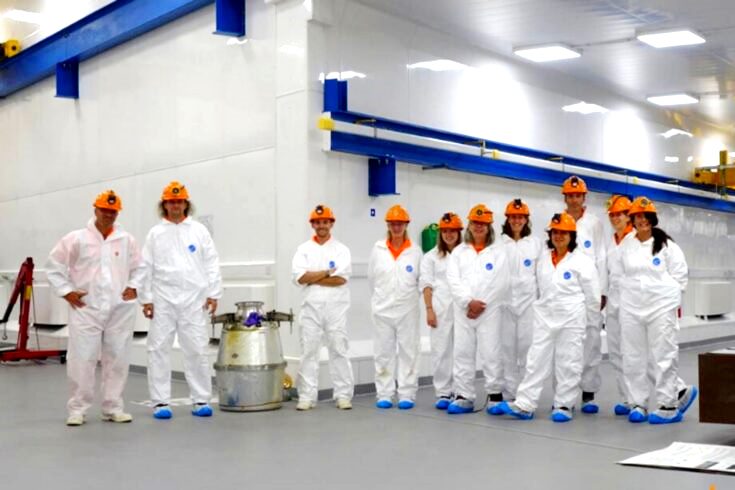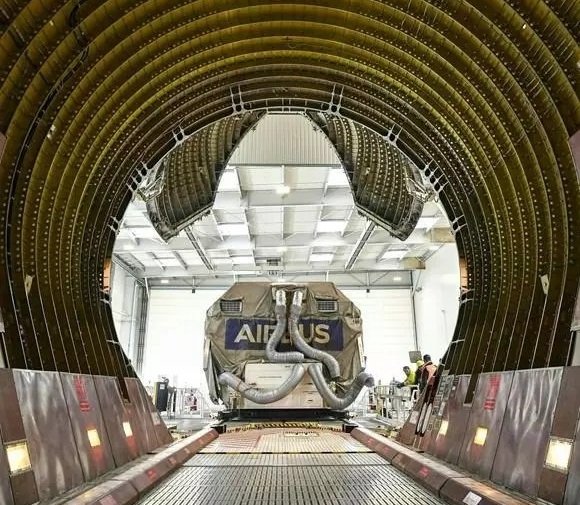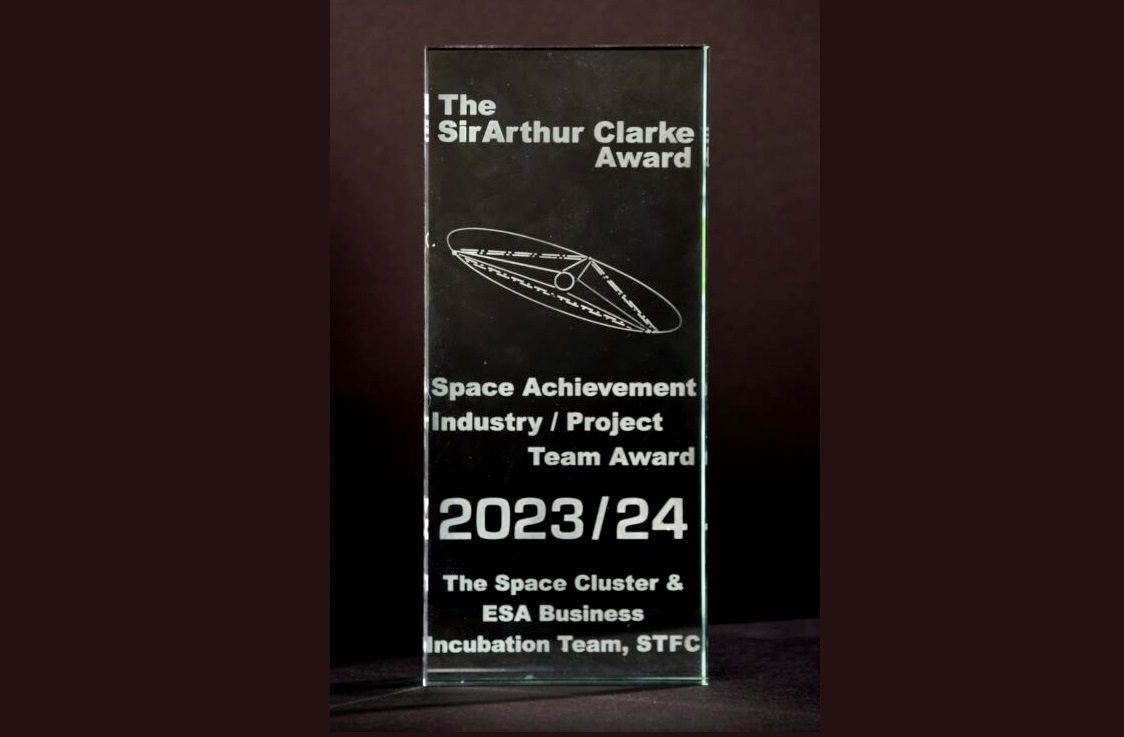Work begins on world’s most advanced dark matter detector

Above: Boulby Underground Laboratory.
Credit: STFC
UK researchers have begun designing a new device to detect the elusive dark matter particles thought to make up more than 85% of the content of the Universe.
A preliminary award of £8 million from the UK Research and Innovation (UKRI) Infrastructure Fund will support a consortium of UK universities, led by Imperial College London. The consortium will work with the Science and Technology Facilities Council (STFC) Boulby Underground Laboratory over the next three and a half years.
As part of the world-leading Xenon Lux-Zeplin Darwin (XLZD) Consortium for dark matter research, the team will develop initial plans and design components for the world’s largest and most advanced dark matter detector.
Once completed, this international experiment could be hosted at the UK’s deep underground science facility at Boulby mine in the north-east of England.
A new frontier
One of the primary aims of the international XLZD Consortium is to build a definitive experiment to detect dark matter and explore its properties and origin.
The detector will consist of a large underground ‘thermos flask’ containing up to 100 tonnes of liquid xenon, which scientists believe will react subtly with dark matter as it passes through the earth.
Tiny but detectable flashes of light will be generated as evidence of the presence of dark matter particles and recorded for scientists to analyse.
A telescope for the Universe
The experiment has the potential to change our understanding of physics in the same way that CERN’s Large Hadron Collider did when it detected the Higgs Boson particle in 2012.
The XLZD observatory will explore the fundamental laws of physics but will also act as a telescope for the nature and composition of our Universe, searching for dark matter particles and new neutrino physics.
An enormous leap for science
Professor Sean Paling, Director and Senior Scientist at STFC’s Boulby Underground Laboratory said: "To discover, or even be able to rule out the existence of dark matter, will be an enormous leap for science and transform our understanding of the cosmos.
"We are now closer than ever to achieving this and as long as we can come together as an international community, invest in the right instruments, and remain focused on our search, there are potential big breakthroughs just around the corner.
"The XLZD experiment is the clear next step for dark matter research and will also be an important instrument for understanding wider fundamental questions about the content of our Universe. I’m delighted that Boulby, Imperial, and all contributing UK institutions are playing this key role in making it a reality."
Laying the groundwork
The preliminary funding from the UKRI Infrastructure Fund will be instrumental in devising initial plans for how best to host and run the experiment and developing essential components required for constructing the detector.
UK project leader Professor Henrique Araújo, from Imperial College London, welcomed the news: "Several underground laboratories around the world are bidding to host our experiment, this is fantastic ‘discovery science’, using the leading technology which we helped pioneer in the UK – and this development project is critical to position the UK to host. We must now show that this is viable.
Experiment for success
It remains to be decided exactly where the experiment will be located. However this foundational work by UK universities and Boulby Underground Laboratory will be crucial in deciding how best to build the experiment for success.
If the project is hosted at Boulby, this will be among the largest and most significant UK-based science projects in over 50 years, attracting international scientists to the north-east region.
This internationally collaborative effort highlights the UK’s strong commitment to advancing scientific research and its capability to contribute significantly to common worldwide scientific endeavours.
The universities
Universities involved or funded include:
- University of Birmingham
- University of Bristol
- University of Edinburgh
- Imperial College London
- King’s College London
- University of Liverpool
- University of Oxford
- Queen Mary, University of London
- Royal Holloway, University of London
- The University of Sheffield
- STFC Daresbury Laboratory
- STFC Rutherford Appleton Laboratory
- University of SussexUniversity College London
For further information about UK dark matter research and the STFC Boulby Underground Laboratory go to the Boulby Underground Laboratory website.












